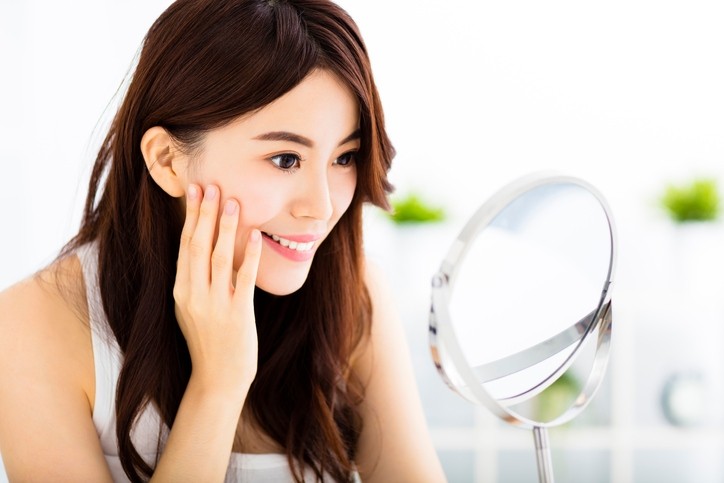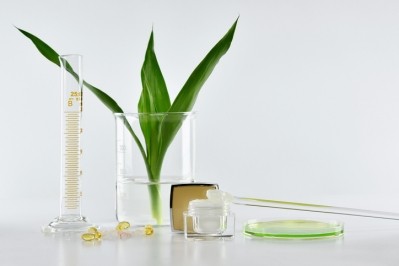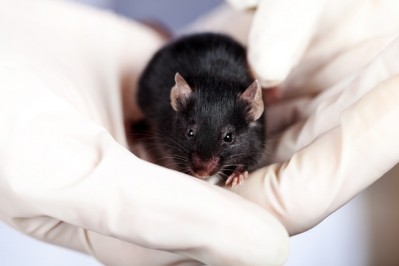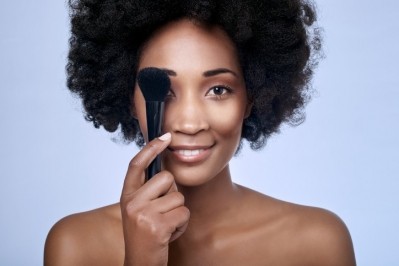Can botanicals offer a reliable supply for the industry? Naturals opportunity interview part II

Monique Simmonds is Deputy Director of Science, Kew Royal Botanical Gardens and Director of the Commercial Phytochemistry Unit.
In this interview series, she reveals insights into how natural sources can offer the next generation of botanical active ingredients. Find part I and part III. Full details of the Sustainable Cosmetics Summit at which Simmonds will be speaking are available here.
Why are botanicals in demand?
In terms of where the demand comes from, plants are very clever in developing a range of different ways to protect themselves from stress, environmental damage and it is unlocking how they do it that can feed into increasing interest from Industry.
However, using plant extracts is different from ordering synthetically produced chemicals from a supply company. These chemicals should not vary in quality from batch to batch or year to year. This is not the same for plants!
They can vary in their chemistry and this the quality of their extracts. Thus the link with the supplier and cosmetic company needs to be close to recognise that these differences can occur and develop strategies as to how they will deal with them.
Can botanicals offer a reliable supply for the industry?
It is interesting that demand for what might be considered as classic cosmetic products such as lavenders, aloe, argan oil and rosemary are increasing - but the science about these extracts has been expanded.
Also traditional does not need to be bad, in fact it often indicates that despite efforts to find replacements these are among the best.
What are the latest shifts and innovations that have been seen in this space?
Greater understanding of how some of the naturals work: we understand better whether extracts are anti-oxidants and what that means, including how much you need in a product for it to provide a benefit.
Any other thoughts?
We often use skin and hair beauty products to help conserve these parts of our body, so that the younger self inside us is what we see when we look in the mirror.
In the last 30 years, we have looked to the outputs of synthetic analytical chemical processes to provide us with the ingredients that are used in many beauty products.
Plants are expert chemists they have evolved to product compounds that help absorb UV as well produce potent antioxidant compounds, natural dyes and compounds that absorb water – all compounds that have uses in cosmetics.
Our challenge is to optimise naturals as well as the advances in analytical process to help formulate effective products.
The key is that we need to make sure we look after our planet so that we have the plants we need for these products.






















